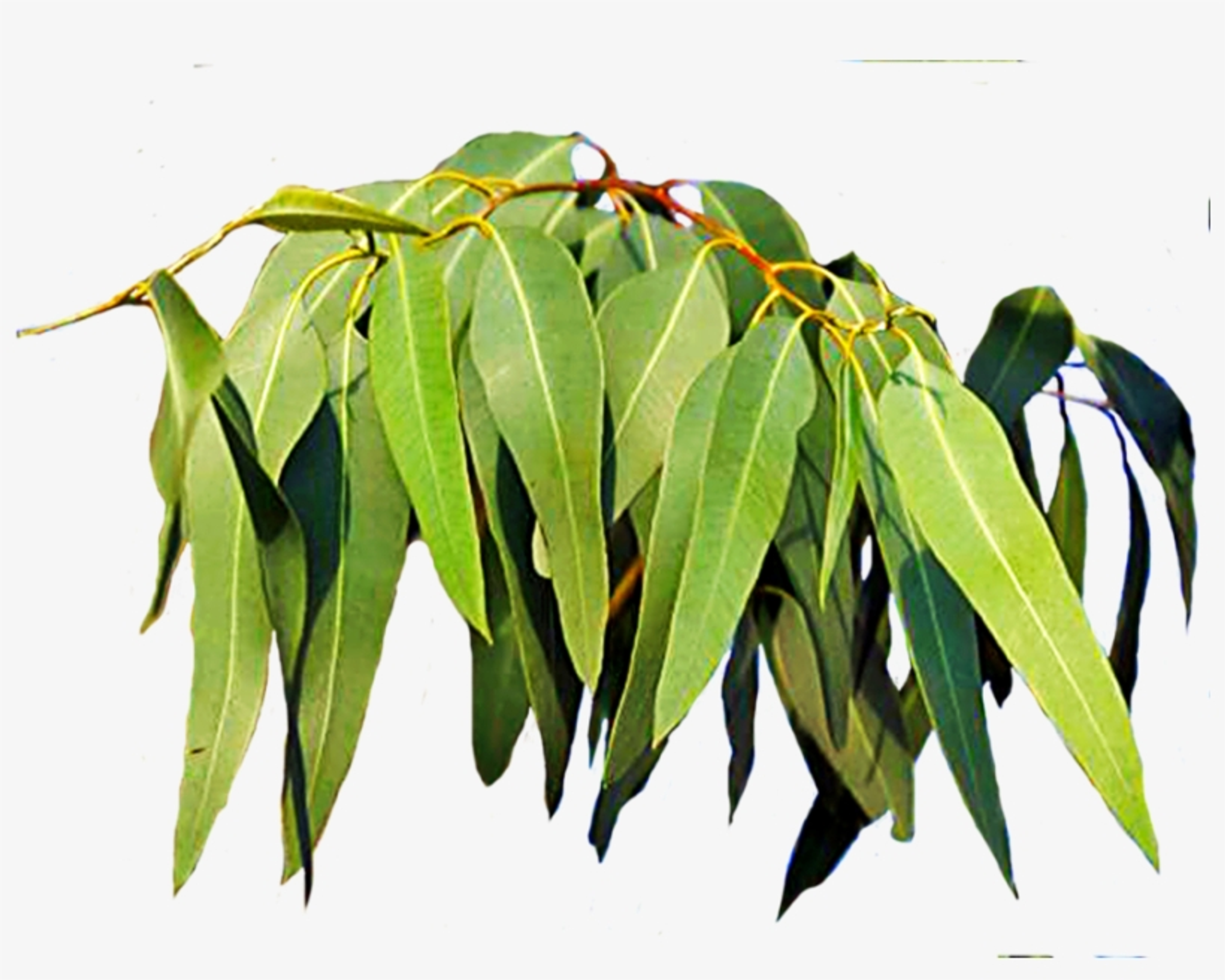Eucalyptus Group

Welcome to Eucalyptus group!
The children are really well settled and getting to know each other and the routines / transitions. These transitions include packing up, washing hands, mat time, washing hands, music, and movement, packing their bags, looking after their belongings, managing their lunch box, finding their name, using their kinder folder.
Playdates are a great way to build new friendships and make new connections, which often transfer across to kinder play and connections. In Term 1 we tend to focus a lot supporting children socially and emotionally, which includes making connections between home and kinder, supporting and encouraging new friendships, and discussing emotions, kindness, feelings families, differences, and similarities. Social and emotional development sets the foundation for all other learning.
We have been discussing lots of topics at kinder including –
Kindness – what it is, what it looks like, how we do it and how it makes us feel and the other person feel.
Families and homes – who is in a family, different families, same families, homes, neighbours, friendships, and moving house.
Worm farm and compost – what the worm farm is for, what the worms do, how we use the worm farm, what they eat, what they don’t eat, worm wee, and using the compost bin for the food the worms don’t eat. We had a practice at sorting food and have been cutting up food scraps into little pieces for the worms to eat
Buddy time – we introduced this on a Wednesday to help the children make new connections with new and different children. While its lovely to have a favourite friend, we also encourage children to have lots of friends, as then there are always lots of different people to play. This builds resilience, confidence, flexibility, learning from each other and new interests.
We have been enjoying cooking with the children each Wednesday, and the washing up has had lots of helpers too. Cooking provides an opportunity to take turns, wait, count, measure, use fine motor skills – to stir, chop, scoop, and there is a lovely sense of community with cooking together. So far, we have made bread, muffins, biscuits, and we have more on our list including sandwiches, and zucchini slice.
To support children’s fine motor skills, it’s important to build their gross motor skills and coordination, which includes core strength and crossing the midline (the line down the middle of your body if you chopped it in half). Crossing the midline supports reading and writing as children need to move their eyes and hand across the page. Core strength is important for sitting and focusing on activities / writing etc. Painting at the easel (standing) and drawing– using clipboards on the floor, so children lie on their stomach as it can help develop strength in the neck, arms, back, etc – which is all part of core strength and crossing the midline.
Fine motor skills are being able to hold and use a pencil, and use scissors, get dressed, use buttons and zips, and use their lunch box and bag. The activities we use at kinder to promote these skills is playdough, water play, washing up, threading, art / construction table. Gross motor activities include - climbing, jumping balancing, movement, dancing, crawling, animal walks, robot arms, running, using the mud pit / sandpit for digging.
Each day we do an Acknowledgment to Country and have been discussing what and why we do it, who are First Australians and why it is important. This is a combination of asking the children their understandings and knowledge, reading stories, looking at artwork and having discussions.
Each day one of the children is the ‘Helping Hand’ and they help put out the lunch cards, choose a language to say hello in at the morning meeting, choose a game to send children off to wash their hands, ring the bell and 5 min chime, and choose how we sing our goodbye song at the end of the session.
Kirsty & Rex